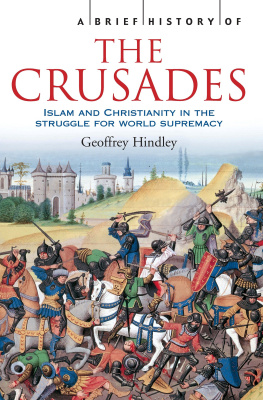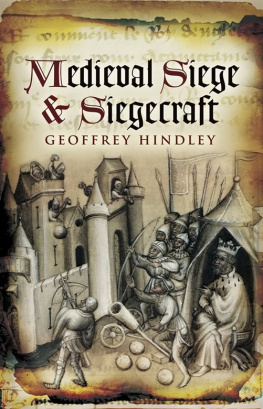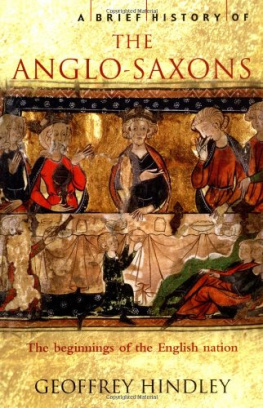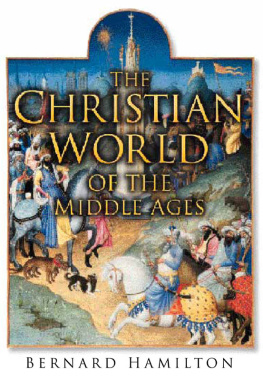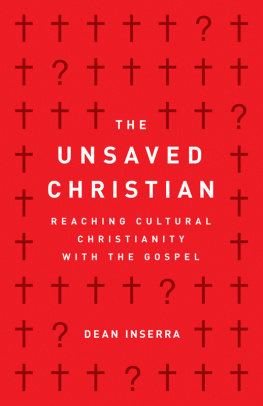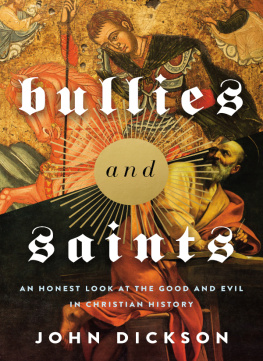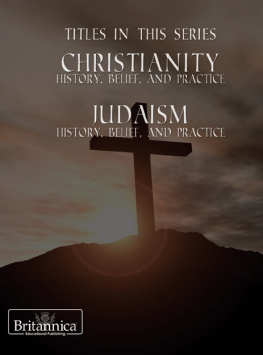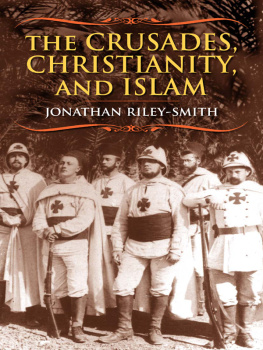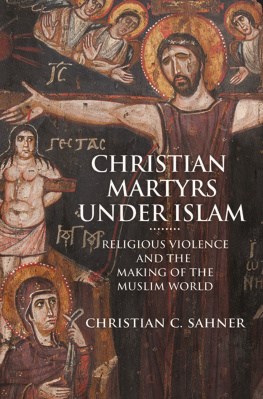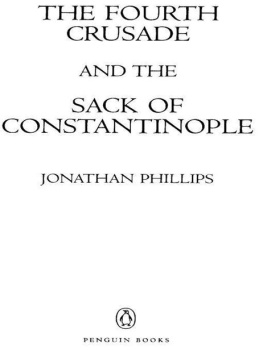GEOFFREY HINDLEY, educated at University College, Oxford, is a lecturer and writer. He was three times an invited participant at the International Congress on Medieval Studies and has regularly lectured in Europe and America on medieval social history, European culture and the history of music. He is also the co-founder of the Society for the History of Medieval Technology and Science. His many books include The Shaping of Europe, Saladin: a Biography and The Book of Magna Carta. He lives in Peterborough, England.
Other titles in this series
A Brief History of The Boxer Rebellion
Diana Preston
A Brief History of British Kings & Queens
Mike Ashley
A Brief History of British Sea Power
David Howarth
A Brief History of The Celts
Peter Berresford Ellis
A Brief History of Christianity
Bamber Gascoigne
A Brief History of The Circumnavigators
Derek Wilson
A Brief History of The Druids
Peter Berresford Ellis
A Brief History of The Dynasties of China
Bamber Gascoigne
A Brief History of Fighting Ships
David Davies
A Brief History of The Great Moghuls
Bamber Gascoigne
A Brief History of The Hundred Years War
Desmond Seward
A Brief History of Infinity
Brian Clegg
A Brief History of Napoleon in Russia
Alan Palmer
A Brief History of The Royal Flying Corps in World War I
Ralph Barker
A Brief History of Science
Thomas Crump
A Brief History of The Tudor Age
Jasper Ridley
A BRIEF HISTORY OF
THE
CRUSADES
Geoffrey Hindley
ROBINSON
London
To my wife, Diana
Constable & Robinson Ltd
5556 Russell Square
London WC1B 4HP
www.constablerobinson.com
First published in the UK as The Crusades
by Constable, an imprint of Constable & Robinson Ltd 2003
This revised paperback edition published by Robinson,
an imprint of Constable & Robinson Ltd 2004
Copyright Geoffrey Hindley 2003
The right of Geoffrey Hindley to be identified as the author of this work has been asserted by him in accordance with the Copyright, Designs and Patents Act 1988
All rights reserved. This book is sold subject to the condition that it shall not, by way of trade or otherwise, be lent, re-sold, hired out or otherwise circulated in any form of binding or cover other than that in which it is published and without a similar condition including this condition being imposed on the subsequent purchaser.
A copy of the British Library Cataloguing in
Publication data is available from the British Library
ISBN 9781841197661 (pbk)
ISBN 9781841195971 (hbk)
eISBN 9781472107619
Printed and bound in the EU
10 9
Contents

Acknowledgements

The sketch maps are based on information derived from William Millers The Latins in the Levant (1908), Westermanns Grosser Atlas zur Weltgeschichte (1956), The Hamlyn Historical Atlas (1981), General Editor R.I. Moore and The Atlas of the Crusades (1991), edited by Jonathan Riley-Smith. The captions and notes on the maps in this book and the summary chapters introducing them have also proved a useful source for the main text.
Inevitably, Professor Riley-Smiths publications have been invaluable and my other chief debts are to the military historian of the First Crusade, John France, Norman Housley for the later crusading period and of course Sir Steven Runcimans classic A History of the Crusades published in the 1950s. Further sources are given in the Select Bibliography and in the Notes section. I have referred to certain specialist articles and in more than one case made use of anthology publications of articles by a single scholar, of particular use in this category was the collection on The Crusade, Holy War and Canon Law of James A. Brundage. Where such anthology publications follow the convention of reproducing the original article and retaining its pagination note references take the form IV, 65, the roman numeral denoting the item, the arabic denoting the page within the item.
My publishers suggested that a chronology of main events and lists of the principal rulers involved in the period as well as the Popes, might be of use to readers and I have been happy to comply. This book does not claim originality of research but it aims to offer a survey of an aspect of western European history familiar, at least as an idea to most people, but not, perhaps, known in much detail. It becomes clear that a crusade, though always proclaimed in the name of religion, could in fact be prosecuted for a mixture of motives of which the political and economic could often, perhaps generally, displace the idealistic. The British Prime Minister Harold Wilson once famously said Socialism is a Crusade or it is nothing. Those of a different political persuasion would no doubt passionately object to this use of the word. But it continues to be used as a rallying cry for the most diverse causes.
Illustrations

Courtesy of the Dean and Chapter of Gloucester Cathedral
Photo: www.rogerghoward.com
Courtesy of the Master and Fellows of Corpus Christi College, Cambridge
Courtesy of the Master and Fellows of Corpus Christi College, Cambridge
Courtesy of the Czech Tourist Authority, Prague
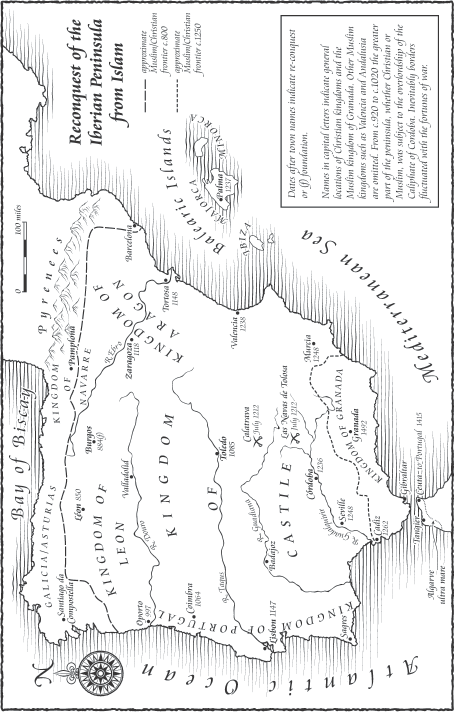
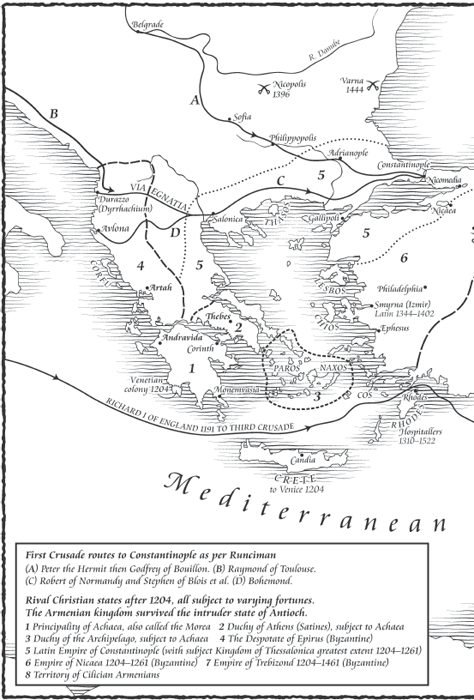
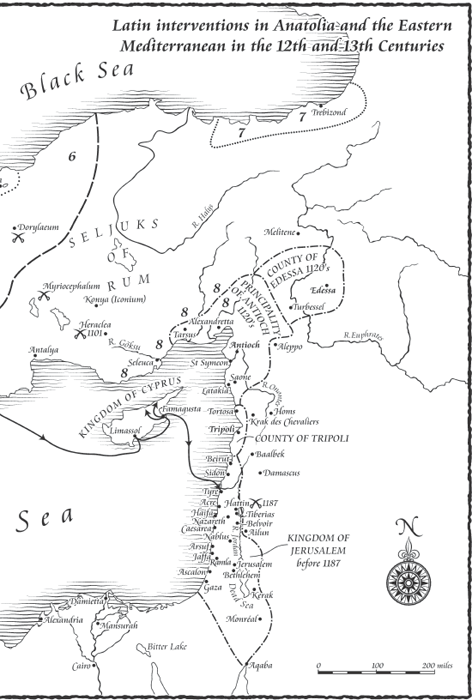
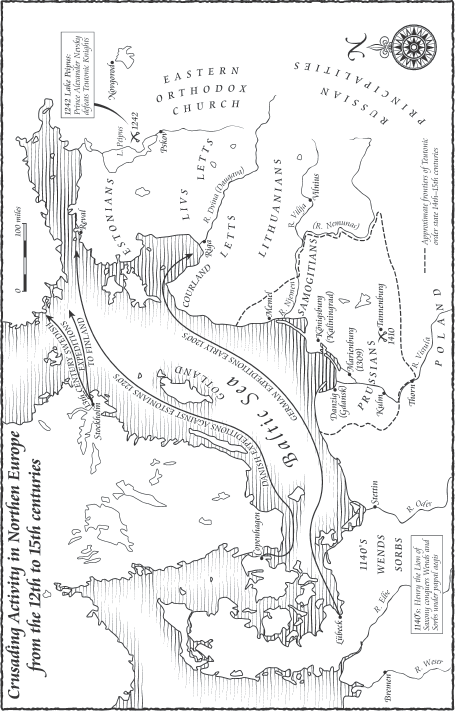
Chronology of Jihad and Crusade

The Muslim world known to the crusaders stretched from Spain to Persia (though Muslim conquests had extended into northern India and beyond) and most of this territory had been acquired by conquests from former Christian rulers, notably the Byzantine Empire. Thus, both the Byzantine Emperor Alexius I and the crusaders themselves, like the rulers of Christian Spain, could claim to be recovering lands properly belonging to the Christian faith. The campaigns against the heathen peoples of Europe were justified as defensive wars against a potential threat, in the same way as the American and British governments felt justified in advocating war against Iraq in 2002.
(Capital letters denote pivotal events or key personalities)
Next page
